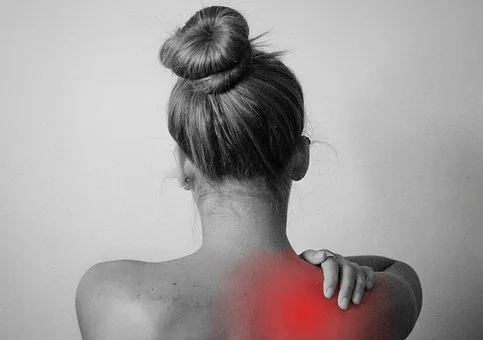Recent reports from The NHS and NCBI state that up to half of UK adults could be living with chronic pain. That’s over 30 million people living with pain which has lasted for more than 3 months! Here at Hope Physiotherapy Clinic, we are dedicated to helping patients with chronic pain develop the skills they need to manage their condition, increase their activity and improve their quality of life.

Pain is often referred to by specialists as either acute or chronic.
-
Acute pain: short-term pain, our body’s way of telling us that something is wrong, often easily treated and short lived.
-
Chronic pain: persistent pain associated with long-term conditions like back pain or arthritis.
Understandably, chronic pain will have some detrimental impact on your every day life, how you function, work and sleep. Chronic pain can affect people of all ages and be in any part of the body. The neural network linked to chronic pain is also
linked to the area of the brain that deals with our emotions. As a result, low mood, feeling angry, depressed or anxious, can often make chronic pain feels worse. That said, chronic pain is most certainly not “just in your head”, but nor is it just a physical condition either. Unlike acute pain – chronic pain is a condition of both body and mind.
Managing chronic pain and how can physiotherapy help?

Over the counter pain killers followed up by prescription medication is the first line of action for the majority of sufferers. Massage, acupuncture and relaxation techniques are also shown to have short term benefits.
Our experienced physiotherapists see patients with chronic pain on a frequent basis. At your first appointment they will assess you and work with you to created a bespoke treatment plan. Follow up sessions might include manual treatments like massage or soft tissue mobilisation as well as tailored advice about the way you move and your posture.
Our physiotherapists can also identify simple and practical ways to improve your daily life, this might include making sure you have the correct equipment at home to do your exercises or if orthotic insoles can make a difference.
Take good care of yourself

Try to get moving, you don’t need to hit the gym or run for miles – just get your body active. Gentle walks or a spot of gardening, perhaps swimming or gentle yoga stretches can often improve your overall well being. Exercise releases endorphins – the body’s natural pain killer, it also stretches out our muscles and ligaments, releasing tension and stiffness – not to mention helping us to shift a few pounds and tone up.
Relaxation

